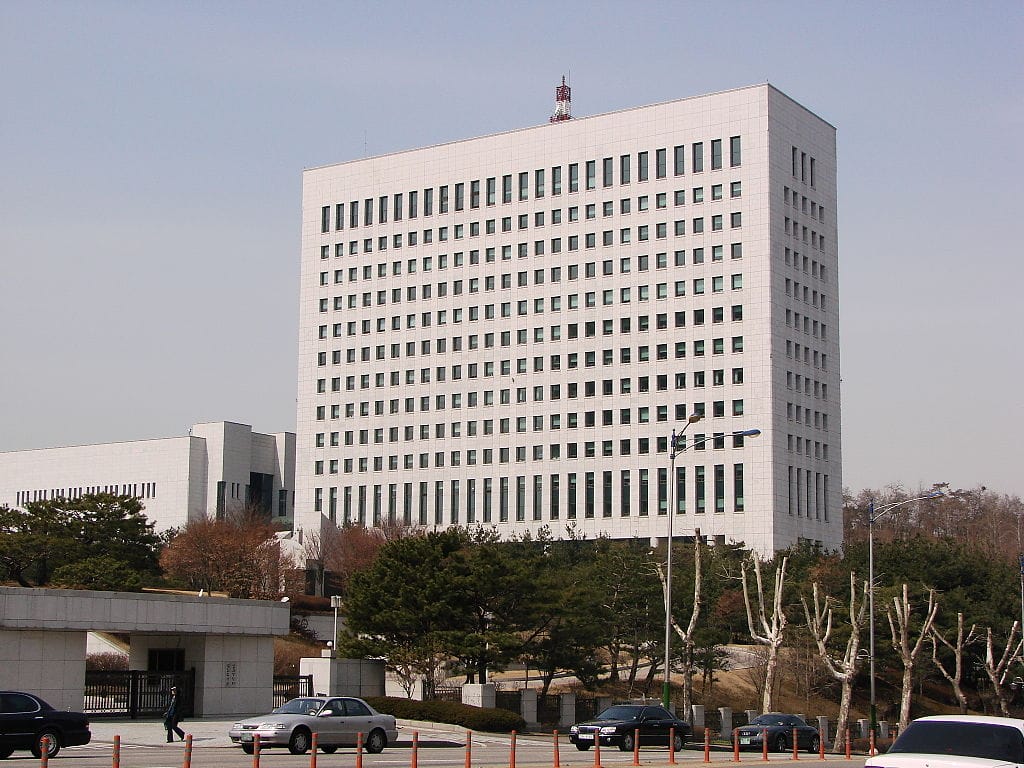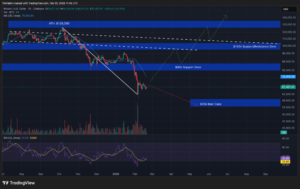Last updated:
 Why Trust Cryptonews
Why Trust Cryptonews

South Korean prosecutors have formulated plans to go undercover and pose as crypto-paying drug dealers to infiltrate narcotics gangs.
Per Chosun Ilbo, the Supreme Prosecutors’ Office is “pushing” the government to green-light a legal “amendment.”
South Korean Prosecutors: Fake IDs Will Help Fight Crypto Crime
If they are successful, this will allow prosecution officials to “create fake IDs” and infiltrate “drug organizations” and identify narcotics kingpins.
South Korea has been hit with a wave of Telegram-based drug-related crime in recent years. This has led to Korean-language sections of the app becoming what the media has termed “a department store for narcotics.”
Bitcoin (BTC) and major-cap altcoins are the “payment currency” in this “department store,” media outlets have noted.
Prosecutors and police have responded by buying sophisticated blockchain network-monitoring software solutions.
They have also launched sting operations to catch “dead-dropping” drug dealers: Sellers who accept advance payment in Bitcoin and then leave drug consignments in public areas near buyers’ homes.

Let Us Go After Kingpins, Prosecutors Urge
By posing as “customers,” police and prosecutors have managed to use CCTV to track down and prosecute some dealers.
They have then used blockchain monitoring solutions to identify and punish drug buyers.
However, they have had much less success identifying criminals further up the ladder. Prosecutors appear to think that if they are granted the power to use fake IDs, they will eventually unmask drug gang leaders.
Chosun claimed the Supreme Prosecutors’ Office’s Narcotics and Organized Crime Division has “begun work on revising the Act on Narcotics Control in this manner.”
Crypto-paying Criminals Coduct ID Checks, Officers Claim
The newspaper quoted an unnamed prosecution official as stating:
“Even if we arrest a drug user or a dealer, it is difficult to discover the identity of gang leaders. To arrest the [leaders], investigators must infiltrate organizations and collect information about them.
Another anonymous “senior” prosecution official told the same outlet:
“If you want to apply to work in a drug trafficking organization, you have to undergo a sort of ‘ID check.’ But if the law is revised, detectives will be able to create ‘fake IDs’ to conceal their true identities.”
Prosecutors are hopeful that forthcoming legislation pertaining to “digital sex crimes targeting children and adolescents” will provide a precedent.
This legislation similarly allows undercover police and prosecutors to create bogus ID documentation to infiltrate and dismantle child sex gangs.
A South Korean lawyer told the newspaper:
“If the law is revised in this manner, drug organizations will be cautious. They will be concerned that investigative agency officials can infiltrate them at any time. The measure will help reduce drug-related crimes.”

















